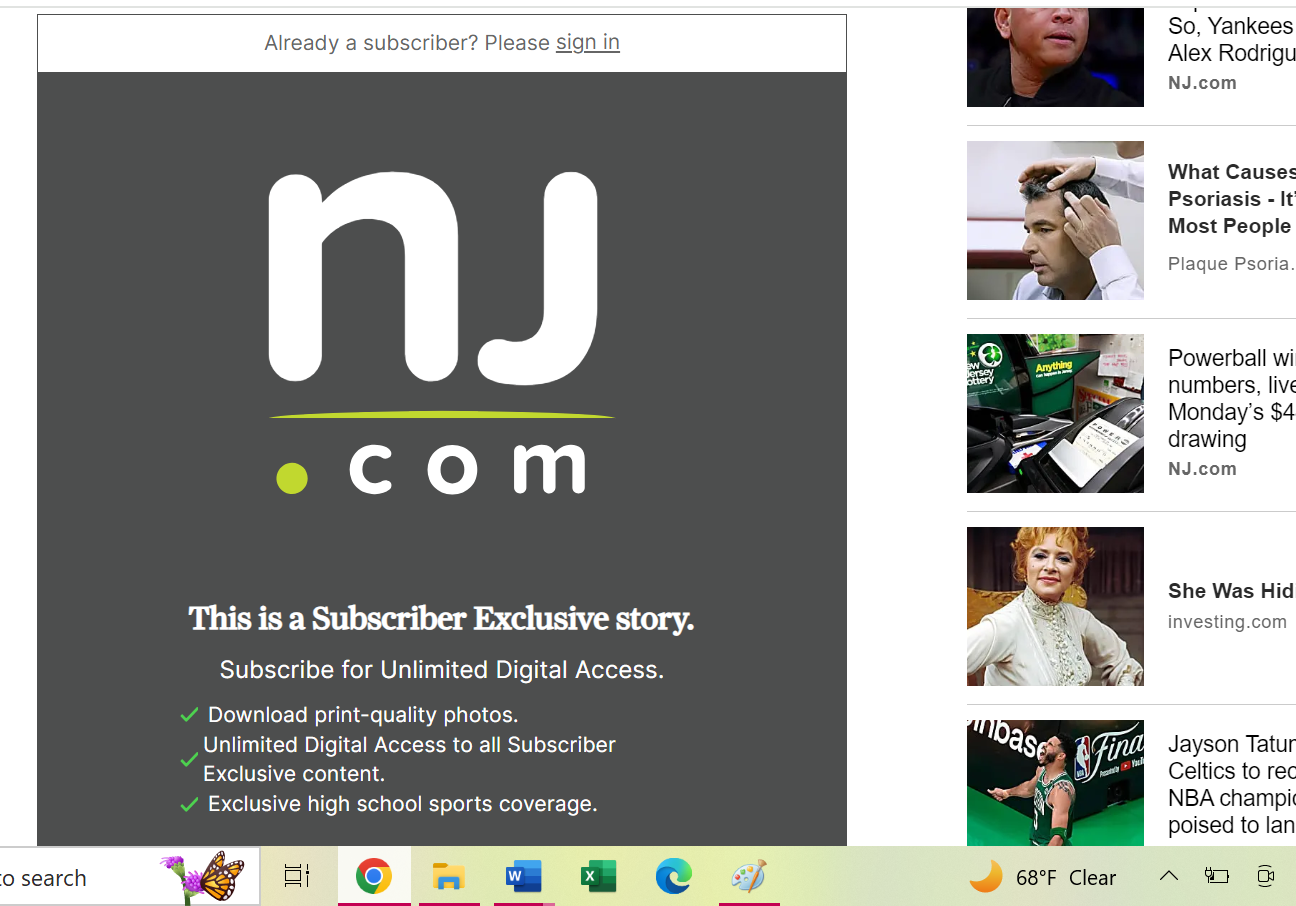
For all the attention paid to keeping traditional media alive, not much has been said about how to keep an audience for the survivors.
Even where newspapers survive, their readership has shrunk to a small, narrow fraction of what it was when democracy was healthier. And that could be decisive in the next presidential election.
The most important people in our country right now are the low-information voters who don’t know enough to decide between Trump and Biden. The sites where they could get informed are behind paywalls.
Traditional media, especially newspapers, performed the essential function of gatekeeping the news to ensure its significance and validity. Reporters and editors found news and told stories, but their most important contribution to society was defining shared truth.
In the good old days of twenty years ago, the market penetration of city newspapers was nearly universal. If you didn’t subscribe, you still saw the headlines in street boxes and on newsstands, picked up a paper from the bus seat next to you or heard about it in the break room.
Local and network TV news played this role, too, but they often relied on print to do the heavy lifting of defining the news agenda.
Companies such as Google and Facebook destroyed newspapers. They took over distribution of news and siphoned away the advertising that paid to cover it.
Newspapers tried to reach readers through social media while putting up paywalls to gather subscription revenue from those who stayed to learn more.
In a few cases, such as the Wall Street Journal and New York Times, that worked because of huge, national subscription markets. But very few other news sites can sell enough online subscriptions to reach their communities as they used to—or even to do a good job of covering them.
The former advertising-supported model spread professionally produced news across its relevant geographic area. Physical papers were everywhere and close to free.
Paywalled subscriptions are more like professional newsletters for investors. Only the person who pays gets the news. Sites reach a small population segment of better educated and more affluent citizens. Everyone else is left to float on a sea of internet garbage.
It’s great that philanthropists are contributing to keep legacy news sites alive. But without finding a way for that content to reach more people, the most important role of newspapers will remain unfulfilled.
The Washington Post (itself a money-losing site with a paywall) reported Monday on the voters who will decide the 2024 election, a group of people who, after all these years, remain undecided on whether they will pick Trump, Biden, a third-party candidate, or not vote at all.
The article talks about young people who know the election is important and that tension is high—but don’t understand why. Reading their remarks, it becomes clear they simply don’t know what is going on.
A democracy cannot function without a free press. Nor without people reading it.
If you enjoy my newsletter, please share it.